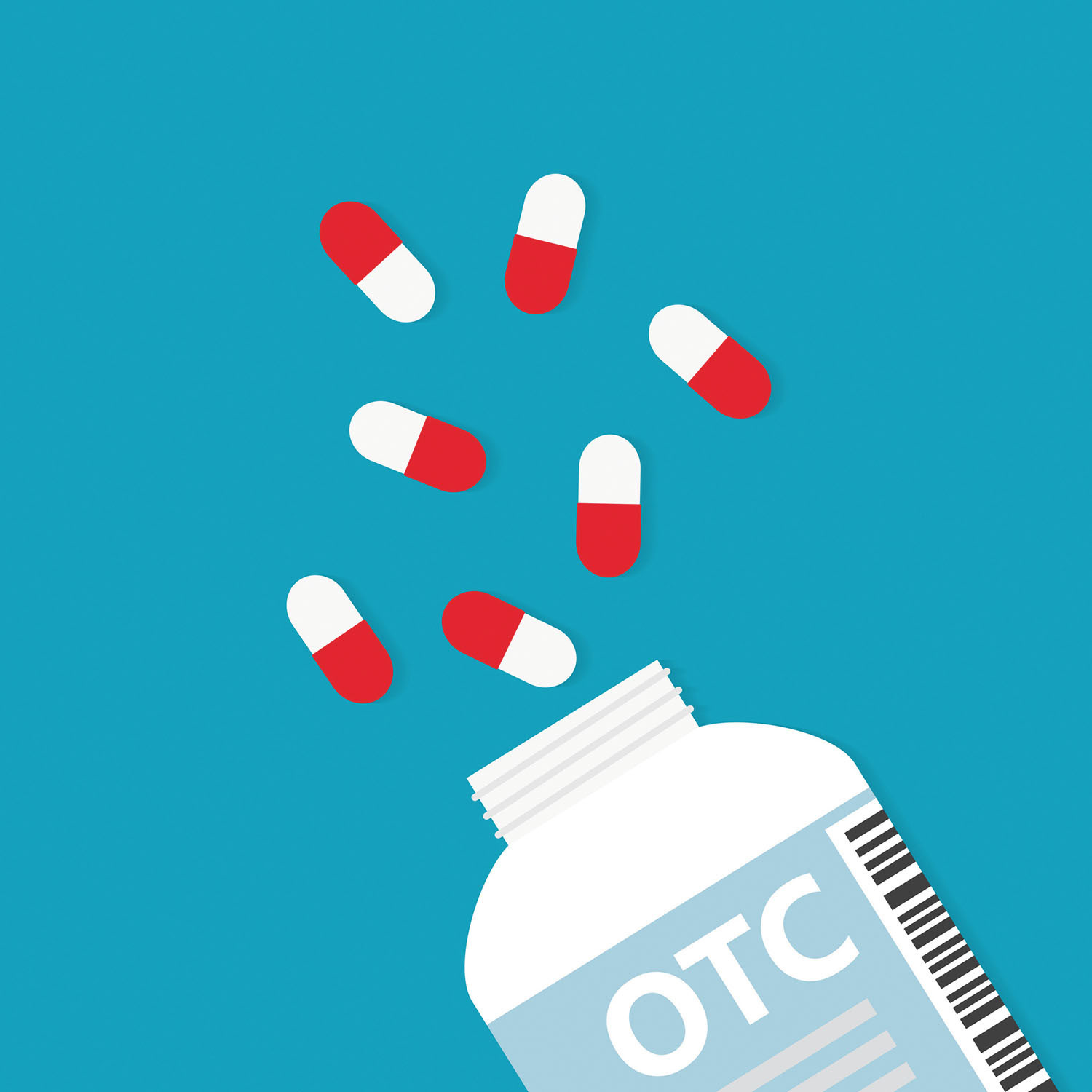
Counting steps is good — is combining steps and heart rate better?

Appendix pain: Could it be appendicitis?

Can saw palmetto treat an enlarged prostate?

How does Ozempic work? Understanding GLP-1s for diabetes, weight loss, and beyond

Zinc: What it does for the body, and the best food sources

Respiratory health harms often follow flooding: Taking these steps can help

Tips to leverage neuroplasticity to maintain cognitive fitness as you age

Can white noise really help you sleep better?

Celiac disease: Exploring four myths

What is prostatitis and how is it treated?
Medications Archive
Articles
How to identify anxiety disorders
Some degree of anxiety is normal, but people who regularly struggle with anxiety may have an anxiety disorder. Symptoms can be linked with life changes, a medical condition, and specific situations, like a fear of heights, crowds, and social situations. Recognizing the symptoms can help people seek medical care to find the source of their anxiety and adopt appropriate treatment. Treatment might include medications, psychotherapy, or both.
What's keeping you from getting a good night's sleep?
Sleep is the body's time for restoration and recuperation. It's when toxins are flushed out of the brain, tissue is repaired, muscles grow, memories are consolidated, and hormones are released. Over time, getting too little sleep or fragmented sleep impairs concentration and mood and increases the risks for many chronic diseases. It helps to try to identify and address factors that may be interrupting sleep, such as snoring bed partners, alcohol, heartburn, underlying health conditions, an uncomfortable sleeping environment, or medication side effects.
When cancer treatment affects the heart
Side effects from both older and newer cancer therapies can affect the heart and blood vessels, possibly causing serious, sometimes life-threatening complications. People diagnosed with any type of cancer should ask their doctor whether their planned treatment might lead to cardiovascular problems. Those ages 65 and older and anyone with risk factors for heart disease (such as high blood pressure or diabetes) may want to request a referral to a cardio-oncologist. These specialists focus on preventing and managing cardiovascular problems in people who are undergoing (or have completed) treatment for cancer.
Know your pain relievers
Low back pain? Achy joints? Pulled muscle? One of the easiest remedies is to pop an over-the-counter (OTC) pain reliever. Most of the time, this does the trick. But which type of pain reliever should you take and how do you know when you have overused them?
Rating the drugs in drug ads
Drug ads appear everywhere in the US, but how do highly promoted new medications stack up against other available treatments? Aside from cost –– including billions spent on marketing –– there may also be health implications.
Illicit drugs linked to higher risk of atrial fibrillation
Using recreational drugs—including methamphetamine, opiates, cocaine, or cannabis—may increase a person's risk for atrial fibrillation.
Take your blood pressure drugs at the most convenient time of day
People on blood pressure drugs should take them at whatever time is most convenient for them and minimizes any side effects.
Expectant mothers can rest easier about taking antidepressants
A 2022 study found that antidepressant use during pregnancy is not associated with problems in children's future brain health or behavior patterns. The medications were not linked to conditions such as autism, ADHD, or problems in speech, language, learning, and coordination.
3 New Year's medication resolutions
The new year is a good time for people to take a good look at their medication regimens and consider if they need to make any changes. That could mean talking to a doctor or pharmacist to see if all the drugs in a regimen are still necessary. Or it could mean looking for ways to save money on prescriptions — perhaps using an online pharmacy (which might have cheaper prices) or applying for a drug manufacturer's patient assistance program. Other things to consider are ways to become more organized about taking medications reliably, such as using an automatic pill dispenser.
How high a fever is too high?
A fever is the immune system's response to an infection or invader. Most fevers drop after people take over-the-counter medications. People should call a doctor if their fever reaches 103° F and go to an emergency room if it reaches 105°.

Counting steps is good — is combining steps and heart rate better?

Appendix pain: Could it be appendicitis?

Can saw palmetto treat an enlarged prostate?

How does Ozempic work? Understanding GLP-1s for diabetes, weight loss, and beyond

Zinc: What it does for the body, and the best food sources

Respiratory health harms often follow flooding: Taking these steps can help

Tips to leverage neuroplasticity to maintain cognitive fitness as you age

Can white noise really help you sleep better?

Celiac disease: Exploring four myths

What is prostatitis and how is it treated?
Free Healthbeat Signup
Get the latest in health news delivered to your inbox!
Sign Up











